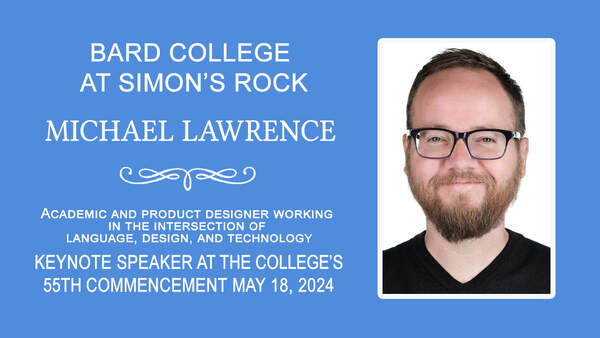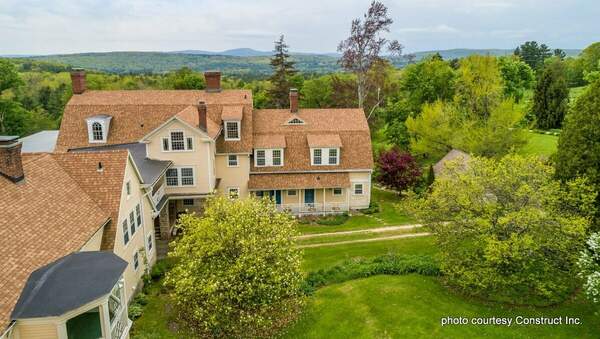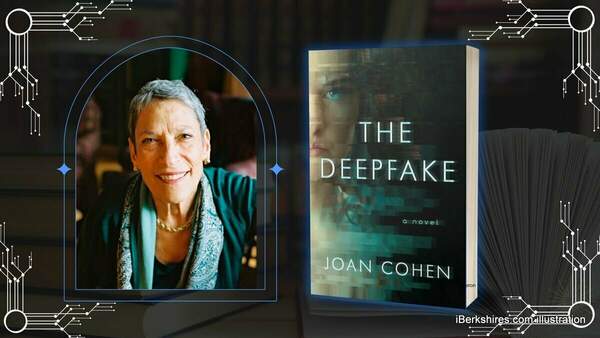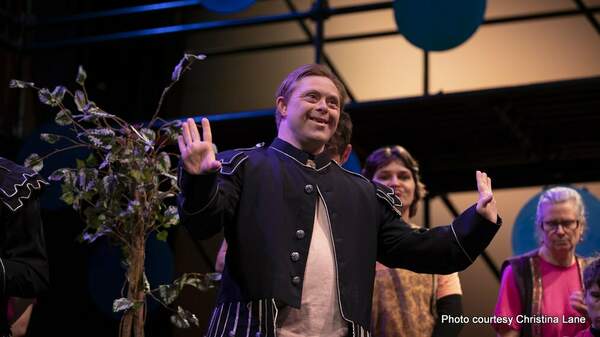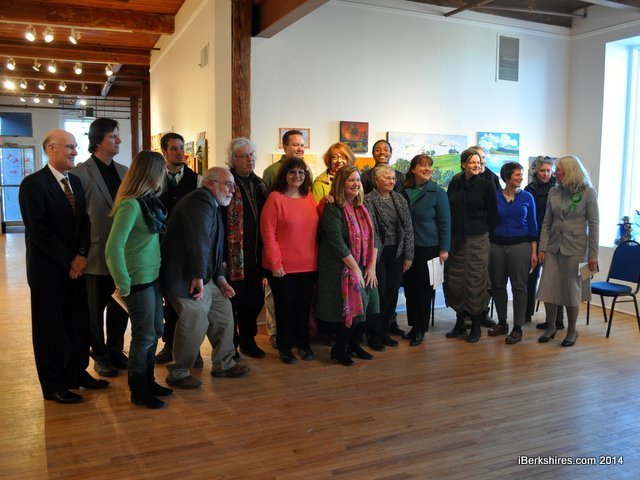
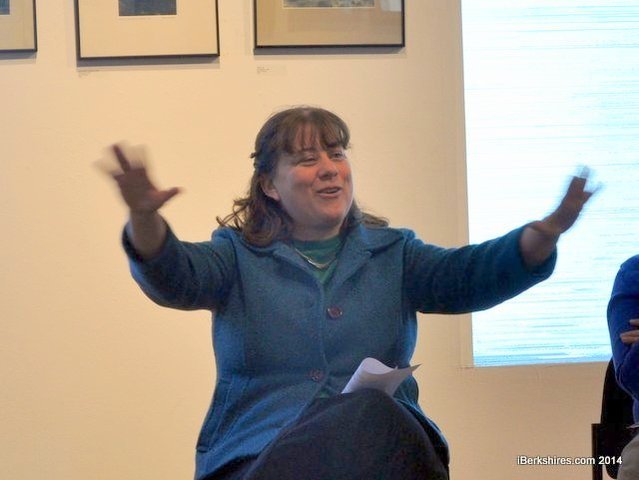
Pittsfield Arts Groups Stress Need for Funding
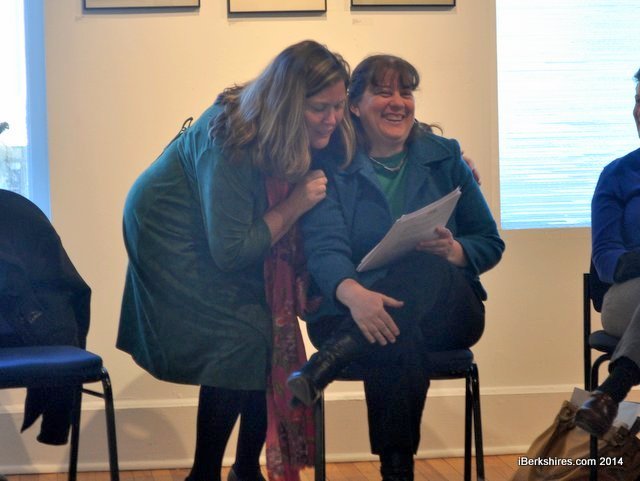 Pittsfield Director of Cultural Development Megan Whilden, left, looks over state Rep. Tricia Farley-Bouvier's shoulder at Monday's arts discussion. Pittsfield Director of Cultural Development Megan Whilden, left, looks over state Rep. Tricia Farley-Bouvier's shoulder at Monday's arts discussion. |
PITTSFIELD, Mass. — Artistic and cultural organization leaders made a pitch for more state funding on Monday by demonstrating how their programs benefit local youth.
State Rep. Tricia Farley-Bouvier, D-Pittsfield, listened to multiple representatives from local art groups at the Lichtenstein Center for Arts explain their programs and need for money.
"I am certainly thrilled to have learned more about a lot of your programs and learn for the first time about some of them," Farley-Bouvier said.
After cuts to the Massachusetts Cultural Council in past years, many of these organization are in need of financial support.
Arts leaders say the state's investment in the creative community has dropped 60 percent in the past 25 years, even as it has touted arts and culture, and the inevitable tourism, as critical to both education and job production.
MassCreative, a nonprofit advocacy group for arts agencies, is lobbying legislators to increase funding for the Massachusetts Cultural Council by $5 million to bring its budget up to $16.1 million. In 1989, its budget was $26 million.
The MCC provides grants for artist residencies, after-school programs, transportation, supplies and projects, among other things.
On Monday, representatives from music, dance, spoken word, visual arts, history, interpretive science and theater organizations spoke of their programs and their impact on local youth.
Shirley Edgerton, director of Youth Alive Step Team & Band, explained the importance of investing resources in children while they are younger.
"We can invest in the beginning with the hope that our kids will stay on a positive road or we can invest our taxes in supporting them on the system and in the corrections system, and my choice is to invest in them now because I know they have a lot to offer us," Edgerton said.
Edward Bride, president of Berkshires Jazz, said the implementation of music and the arts in education better prepares students for school. With funding limits, Berkshires Jazz has not been able to conduct as many school jazz outreaches.
"The study of music improves students learning abilities in all subjects, especially science technology engineering and math," Bride said. "There is research that proves this, and all these education programs that we do are done at no cost to the students, the school system, or the school and without funding they don't happen."
Michael Vincent Bushy, arts educator at Hillcrest Educational Centers, said art programs offered at the school help at-risk children who have difficulties adapting to society.
"They learn how to sit still in class, they learn to focus, they learn to think a little more laterally and a little more fluidly, and they learn frustration tolerance because when you are invested in something you are willing to put up with the frustration of not getting it the first time," he said.
Kim Stauffer, director of the Playwright Mentoring Project at the Barrington Stage Company, said acting can have a beneficial impact on children, especially those at risk, by connecting them to the larger world. The playwright program allows children to write and act in plays based on their own lives.
"Art is one of the greatest empathy and compassion builders in our world," she said. "Theater, especially, because there is no way you can't learn empathy or comparison for yourself when you are watching someone tell your story and seeing things about yourself through them or when you are asked to step in for someone else and asked to represent them as best as you can emotionally."
Farley-Bouvier said she believes art is critical in assisting at-risk children.
"This really is a way to change people's lives, and I am very inspired and grateful for what you all have done," she said.
Tags: arts initiatives, creative economy, Mass Cultural Council, MassCreative, state grant, youth programs,

